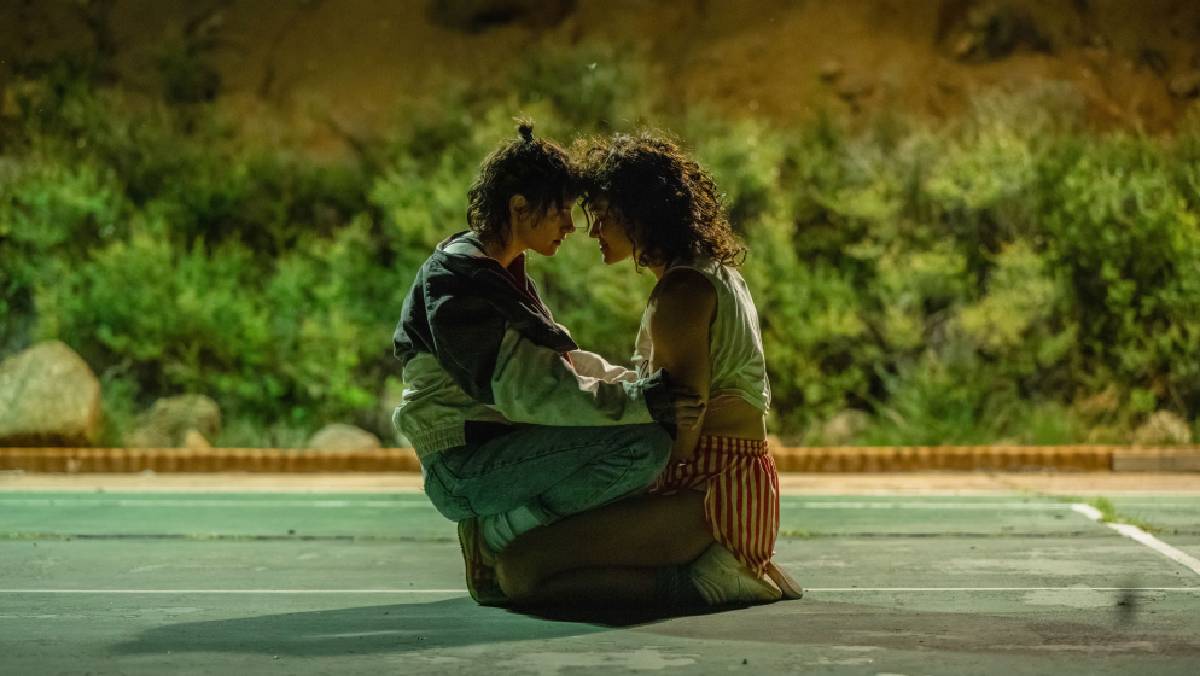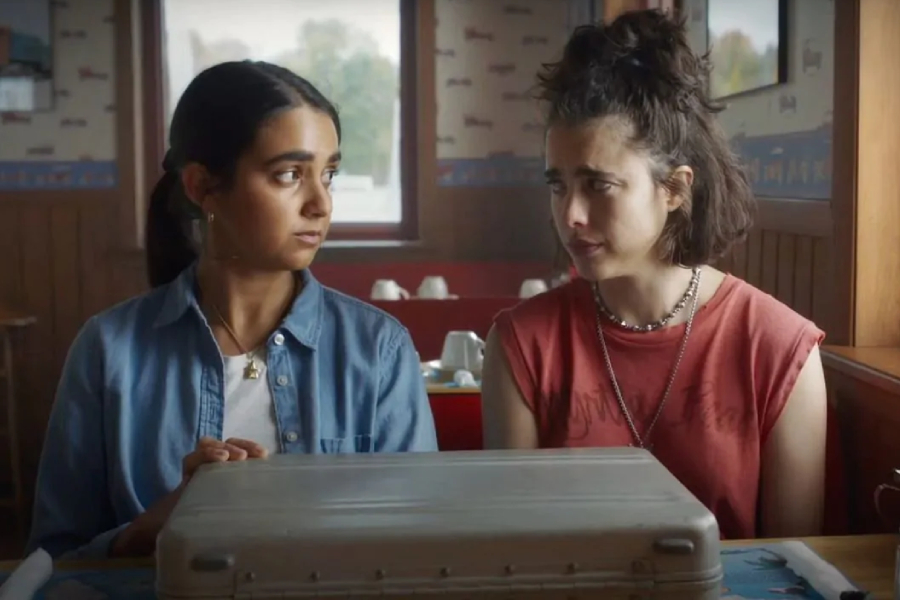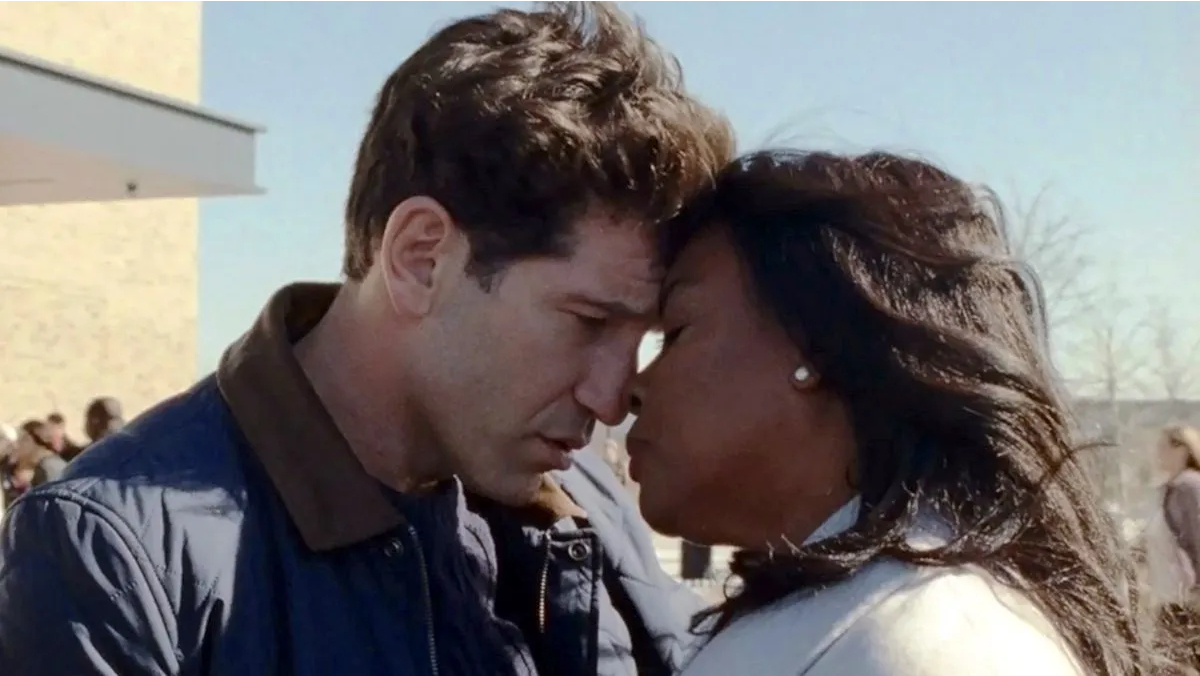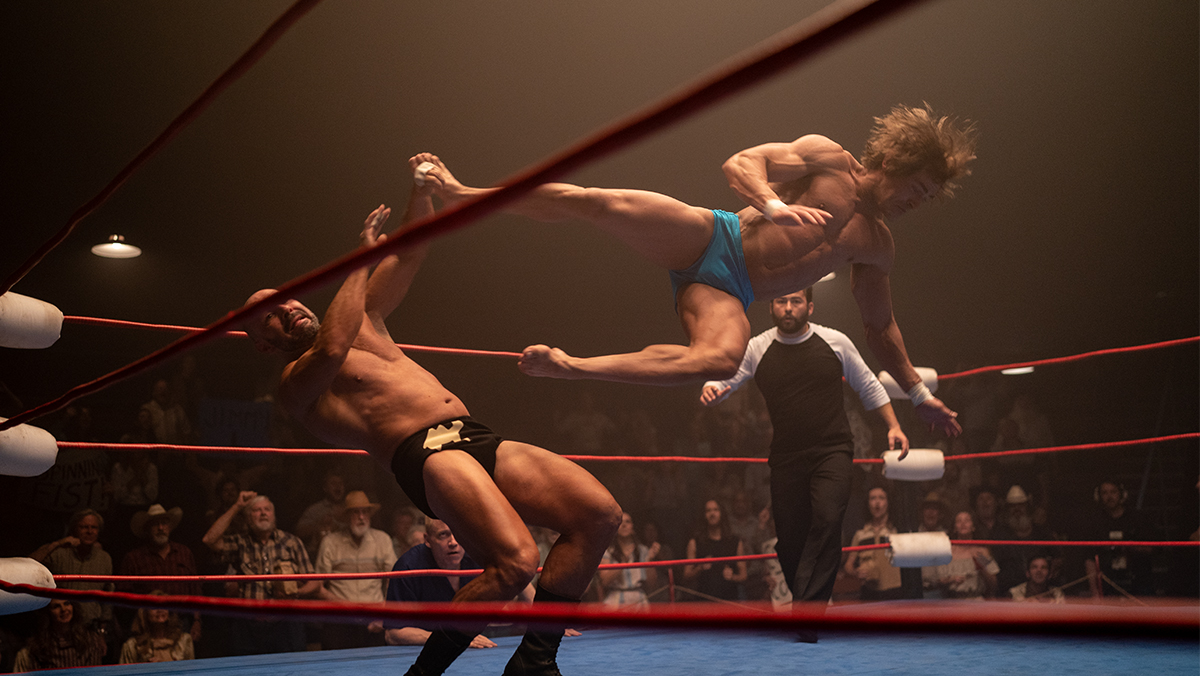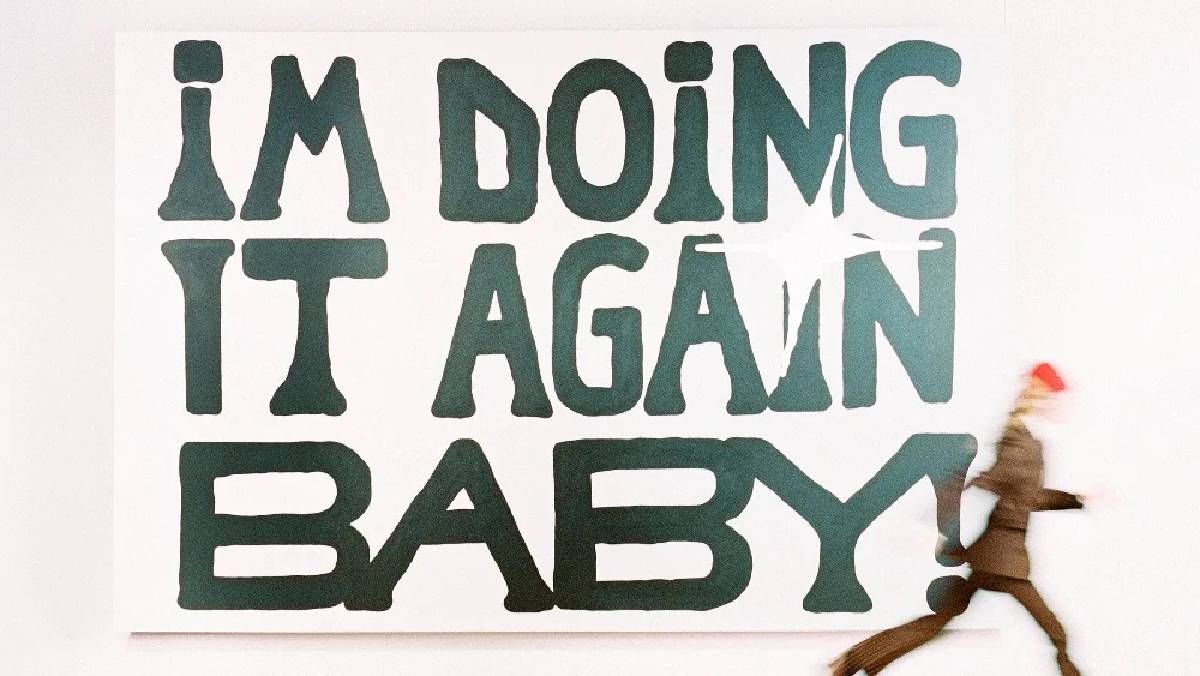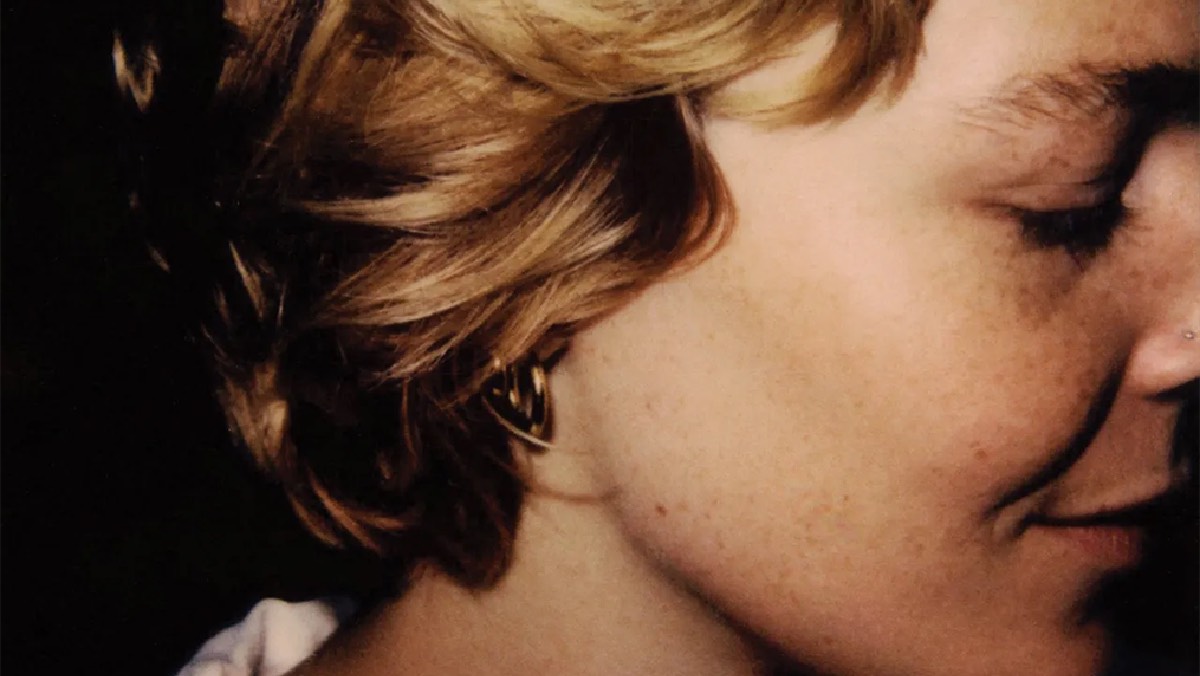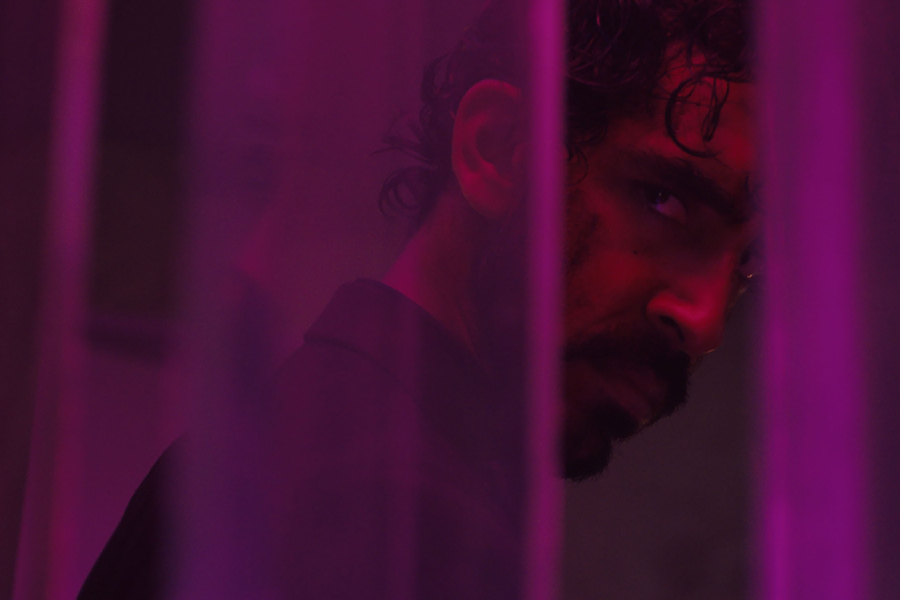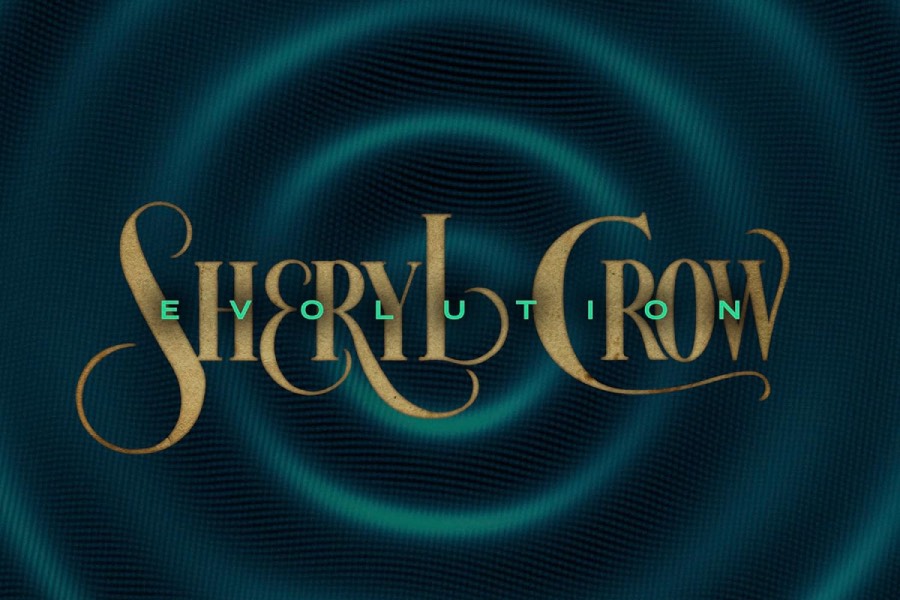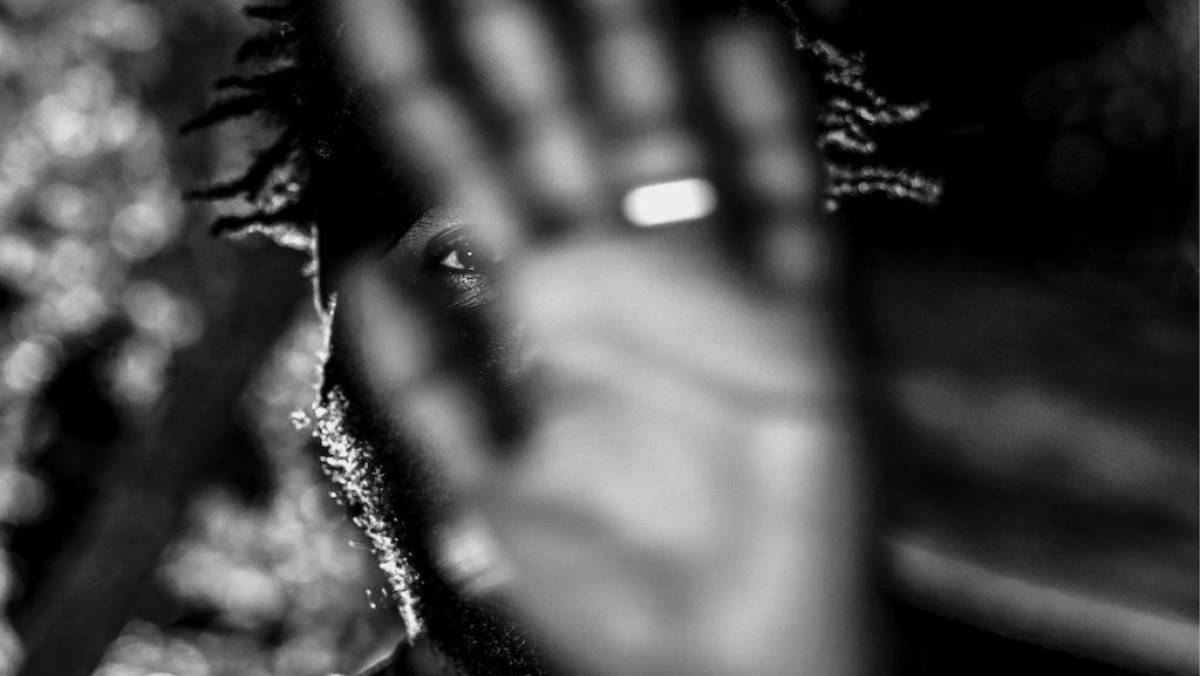Through the doors of the elaborately ornate hotel, the bustling denizens trade pleasantries, laughing and gesturing in its grandiose, colorful foyer. They are unaware that in the hotel’s back room, a priceless work of art is hidden away, one that will spur a cast of utterly zany characters into action in search of the prized painting.
In keeping with the usual whimsical charm of his movies, Wes Anderson again creates a surreal world all its own in his new film, “The Grand Budapest Hotel.” Yet gunshots and espionage, uncommon for Anderson’s productions, permeate the storyline, delivering a moviegoing experience that will bring viewers to the edge of their seats, even if the film is delivered in ironic jest.
“The Grand Budapest Hotel” stars Ralph Fiennes, Willem Dafoe and Edward Norton among others. The film is set in the fictional republic of Zubrowka, an alpine state reminiscent of Eastern Europe, in the middle of a great war. The plot is essentially a story within a story, in which one of the owners of the hotel, Zero Moustafa (F. Murray Abraham) tells an author and hotel guest (Jude Law) of how he came to own and operate the peculiar institution.
His story takes place in 1932, a time when he worked as a lobby boy for the hotel. There, the young Moustafa (Tony Revolori) becomes the protege of the pompous and eccentric concierge, Monsieur Gustave (Fiennes), whose secret hobby is seducing and sleeping with the hotel’s older, female patrons. After one of his lovers is found dead, however, Gustave, Moustafa and ultimately a gaggle of odd concierges are thrown into a web of deceit surrounding the ownership of a priceless Renaissance painting, “Boy With Apple.”
For all of its complex, interwoven storylines, the movie maintains a light feel that allows the tale to develop naturally, without dwelling on its more morose subject matter. In watching the film, the viewer gets the sense that the detailed plot and side stories are not truly essential but serve instead to bring out the dialogue, character structure and playful humor that make the film enjoyable.
As in all Anderson movies, most notably in the quirky subplots of 2001’s “The Royal Tenenbaums,” the non-related plot features, such as the characters’ side-stories, make the viewer grow attached to the personae. However, in this film, the audience is exposed to a new intensity of action. Rather than use the gunfights and chase scenes that are rampant throughout the movie to bring about characterization and theme, these moments are instead just silly aspects that add to the overall zany feel of the movie. In one scene, a character gets killed by a hired mercenary, ultimately having his fingers chopped off in a door. Though ghastly, this scene is easily one of the most memorable moments of the movie. This is mostly because of the cinematography, consisting of one single long shot throughout the scene, which undermines the potential seriousness of the moment by adding a degree of campiness.
The use of characters is one of the most interesting aspects of “The Grand Budapest Hotel,” as no individual stands out above the others. Each actor performs his or her role without drawing attention to him- or herself as a lead, resulting in a well-balanced cast that serves as an ironic statement to the all-star lineup of the film. If there had to be any lead roles, however, it would be between Fiennes and Revolori, whose “Abbot & Costello” dynamic stands out as the best in the movie. Fiennes’ arrogant flamboyance, always excitable, balances well with Revolori’s deadpan performance, providing an entertaining, yet not overbearing, setup for the story.
“The Grand Budapest Hotel” is filled with more action, suspense and bullets than any Anderson film to date. But underneath the thrilling moments lies a quaint charm that makes the film a delight to watch from start to finish.





